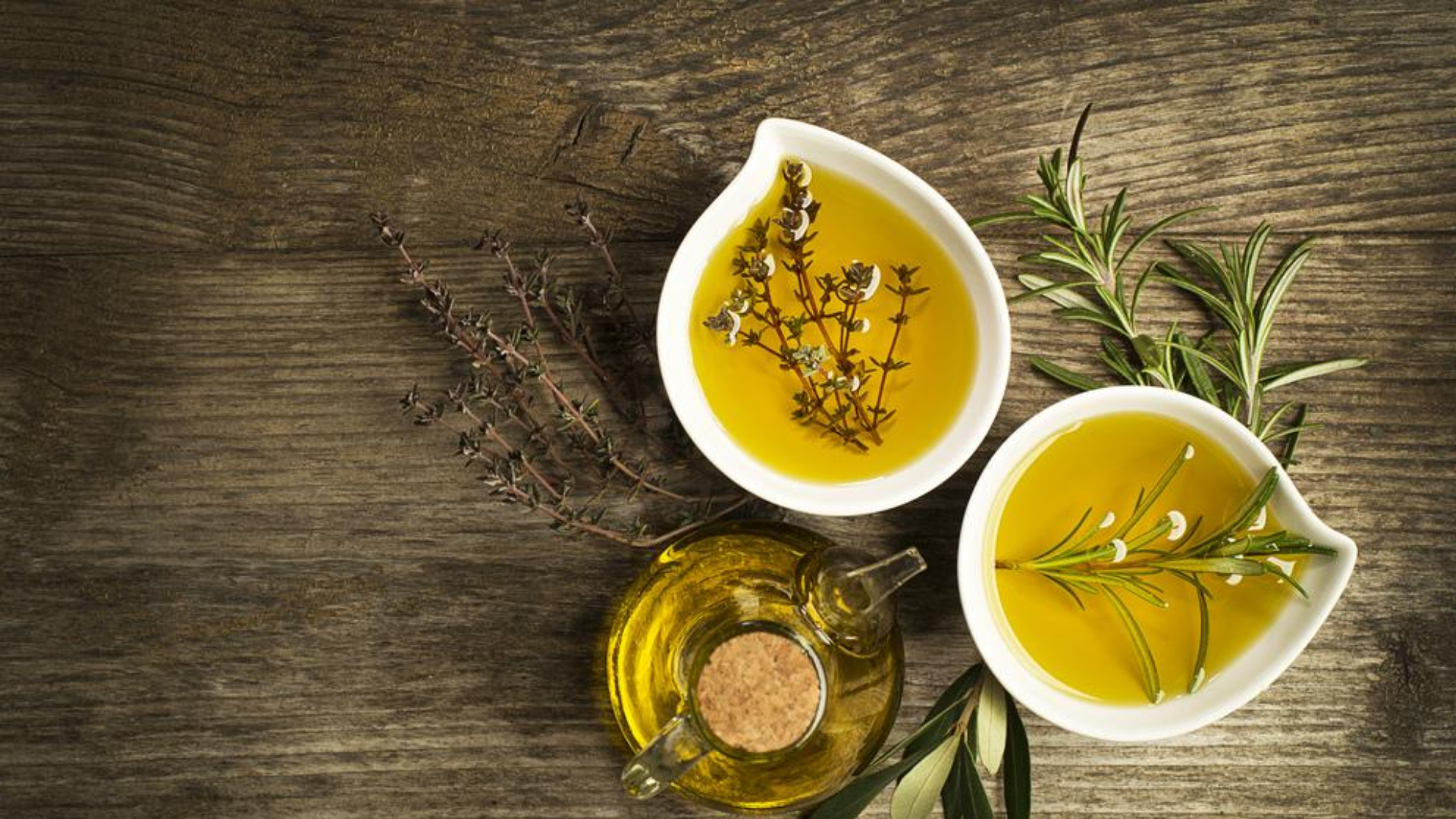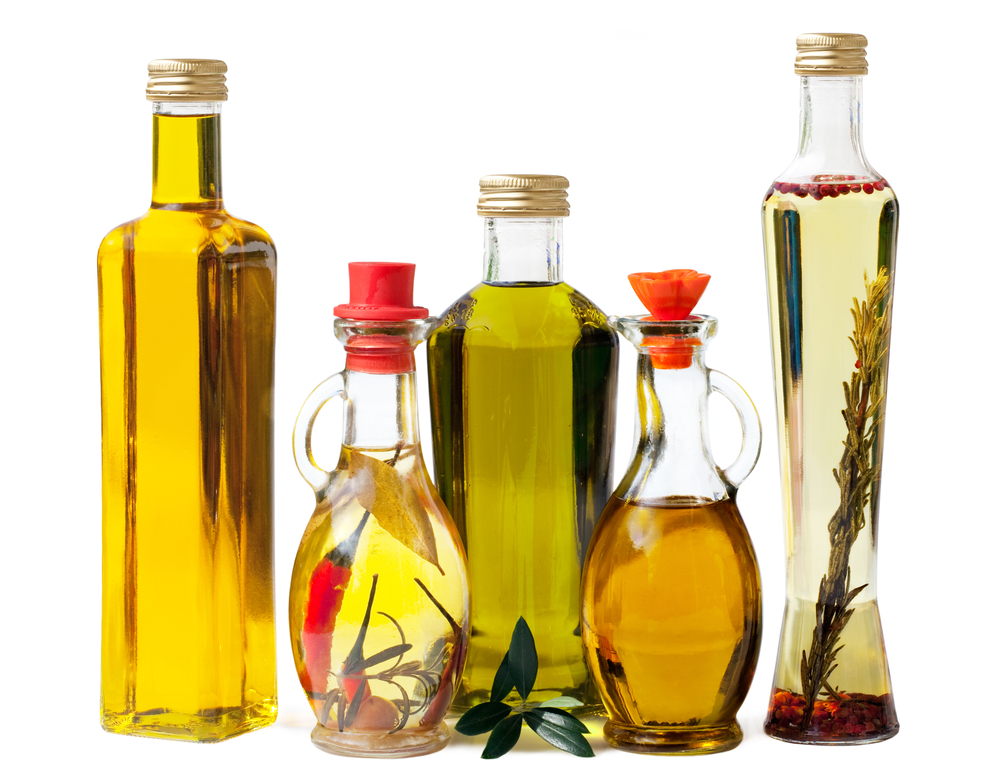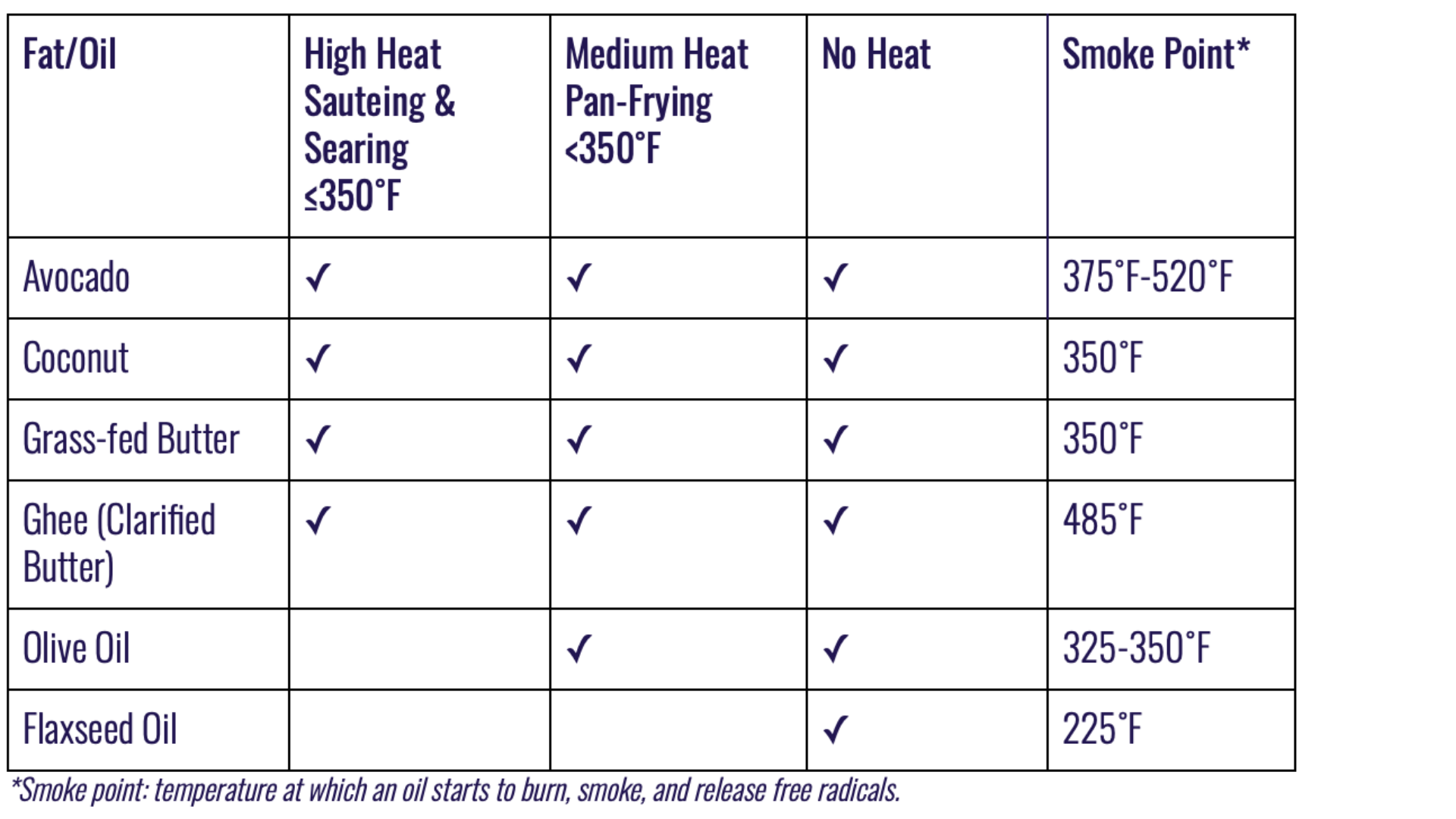Oils: Which to Choose and Which to Avoid

With so many cooking oils on the market, it’s hard to know exactly which oil is best to use and at what temperature. There are some oils that become largely unstable and inflammatory at higher cooking temperatures having potentially harmful effects on health overtime. On the flip side, there are also a number of high-quality, plant-based oils—such as olive and avocado oil—that provide essential fatty acids for a well-balanced diet.
You may remember the age of low-fat foods and diets, when fat was considered the macronutrient to avoid. However, new research over the years has demonstrated just how essential quality fats are for our health. Fat is essential for hormone and cell function, and plays a vital role in the absorption of a number of key minerals and vitamins.
That brings us to the question of which oils are best for food preparation and which oils should be avoided altogether. This is extremely important to consider, as not all oils are equally healthy. Understanding the difference between oils to incorporate on a regular basis and those to avoid is essential in bettering your nutrition and overall health. This article outlines what the best cooking oils are—and under what temperatures—and highlights highly-processed oils to watch out for on food labels.
What makes an oil inflammatory?
Polyunsaturated fats are an essential part of our diet, found in fatty fish (i.e. salmon and tuna) and nuts and seeds (i.e. walnuts and flaxseeds). They are rich in omega-3 fatty acids, which have a number of important health benefits. However, there are a few refined oils high in polyunsaturated fatty acids (PUFA) that we need to watch out for. During the refining process, these oils become unstable after being exposed to a number of chemicals that change their composition. You can think of these oils as ‘damaged fats.’ If we consume these on a regular basis they can contribute to a buildup of toxic fat and inflammation in our body overtime.

Which oils should we watch out for?
While grocery shopping, watch out for the highly processed vegetable/seed oils and stay clear of any oils that are labeled ‘refined.’ These oils are typically found in store-bought pre-packaged foods including microwave popcorn, chips, breads, crackers, and salad dressings. For more information on reading food panels/labels, refer to the article ‘Breaking Down a Nutrition Label.’
- Canola Oil
- Corn Oil
- Soy Oil
- Sunflower Oil
- Grapeseed Oil
- Rice Bran Oil
- Cottonseed Oil
What does the smoke point of an oil mean?
The smoke point of an oil is the temperature at which the compounds of the oil start to burn and lose nutritional value. When an oil reaches its smoke point, it is considered damaged and provides no health value. Additionally, an oil that is already very processed and ‘pre-damaged’ (i.e. canola oil) becomes more unstable once heated and is more likely to contribute to inflammation in the body.

What are the best cooking oils/fats to use?
Saturated fats, including coconut oil, ghee (clarified butter), and grass-fed butter, are optimal for high-heat cooking as they are able to retain their chemical structure at high temperatures. Additionally, avocado oil is great for high heat cooking as it has a high smoke point (unrefined avocado oil ~approx. 375˚F). Polyunsaturated fats on the other hand, including sesame oil and flaxseed oil, are best to use unheated in salad dressings.
The Best Cooking Fats and Oils to Use:

Disclaimer: the information in this article is intended to be a guide for
educational purposes and should not replace the medical advice of a physician.
References
Grootveld, M., Silwood, C. J., Addis, P., Claxson, A., Serra, B. B., & Viana, M. (2001). HEALTH EFFECTS OF OXIDIZED HEATED OILS 1. Foodservice Research International, 13(1), 41-55.
Zulet, M. A., Marti, A., Parra, M. D., & Martinez, J. A. (2005). Inflammation and conjugated linoleic acid: mechanisms of action and implications for human health. Journal of physiology and biochemistry, 61(3), 483.
